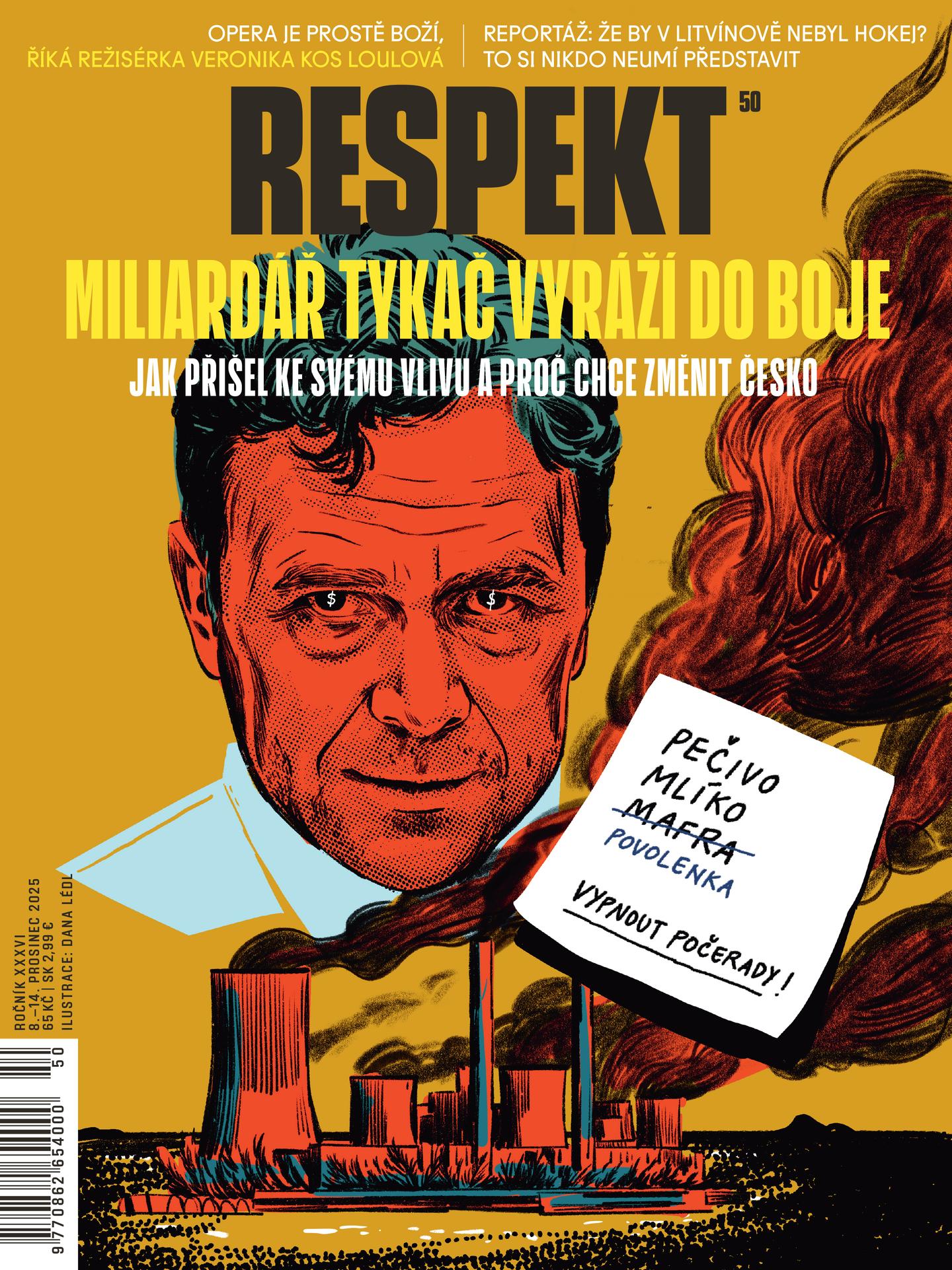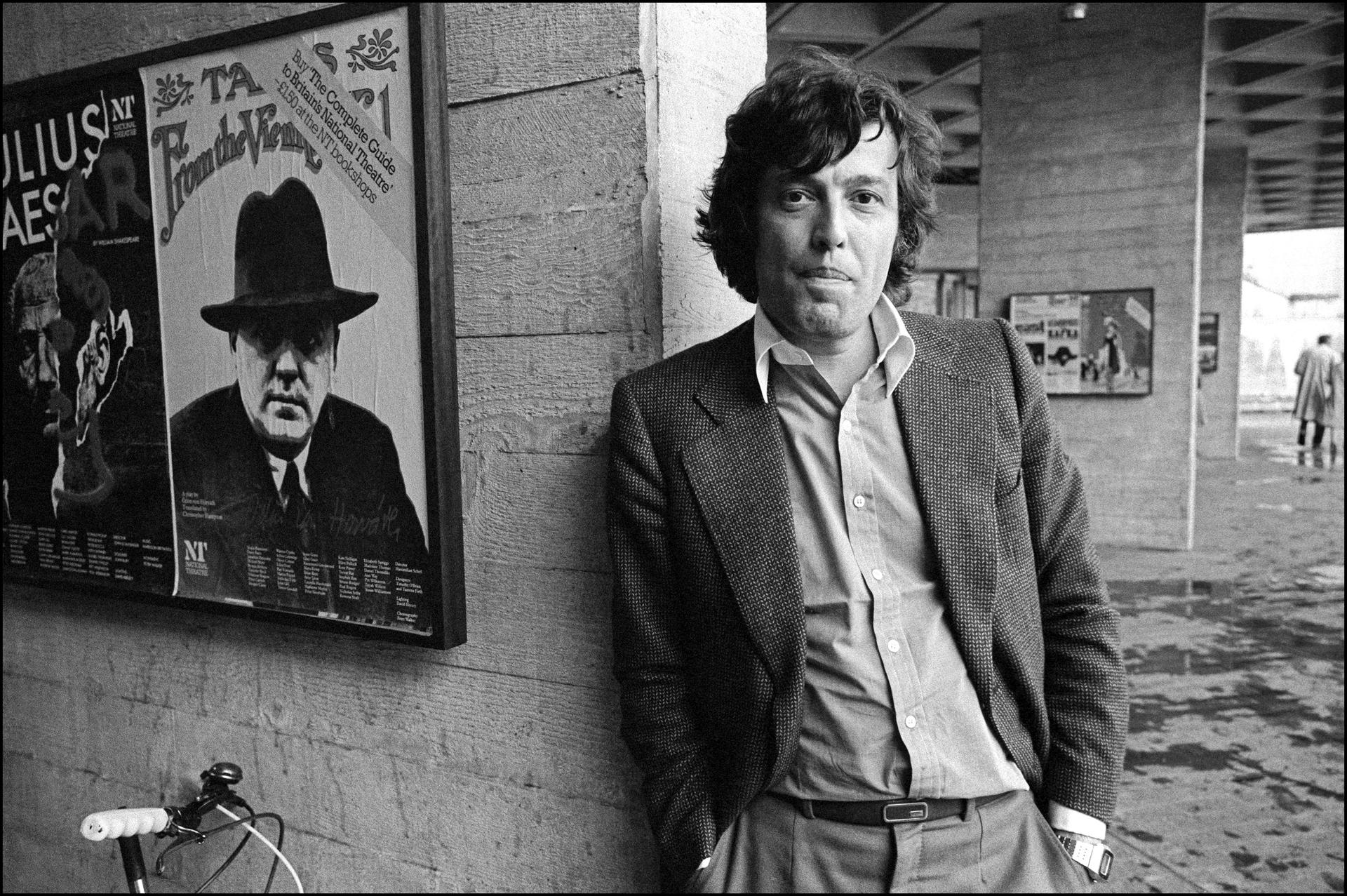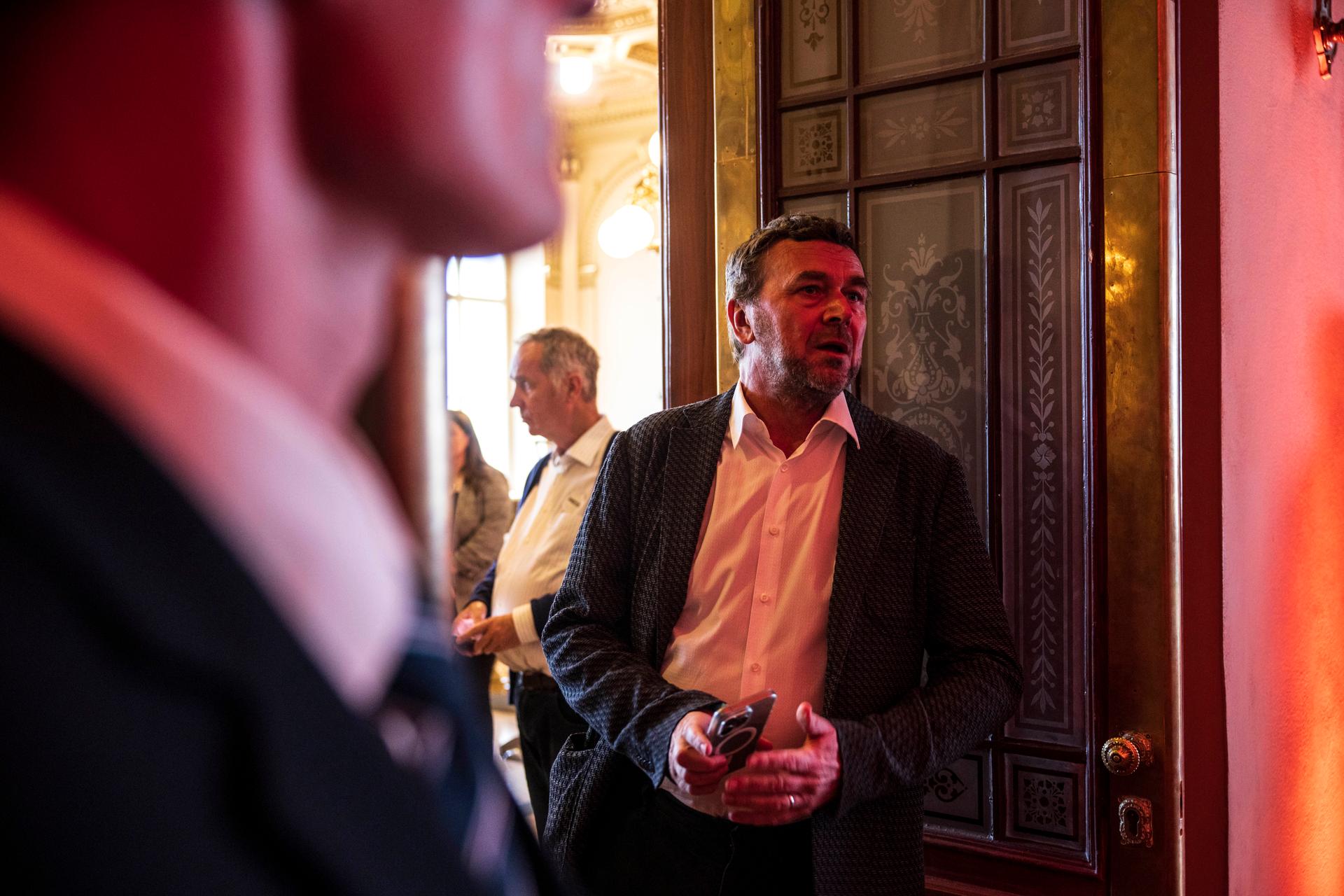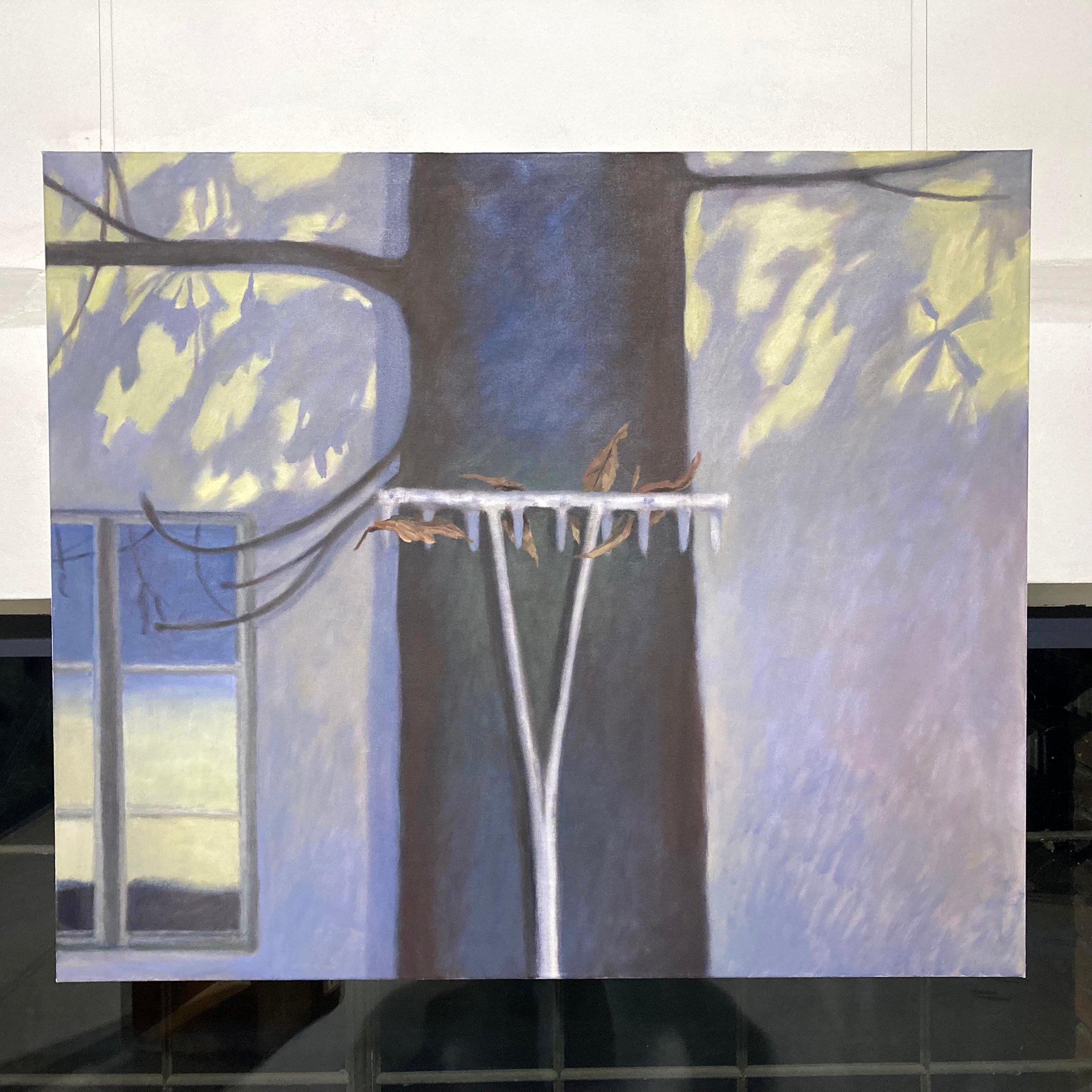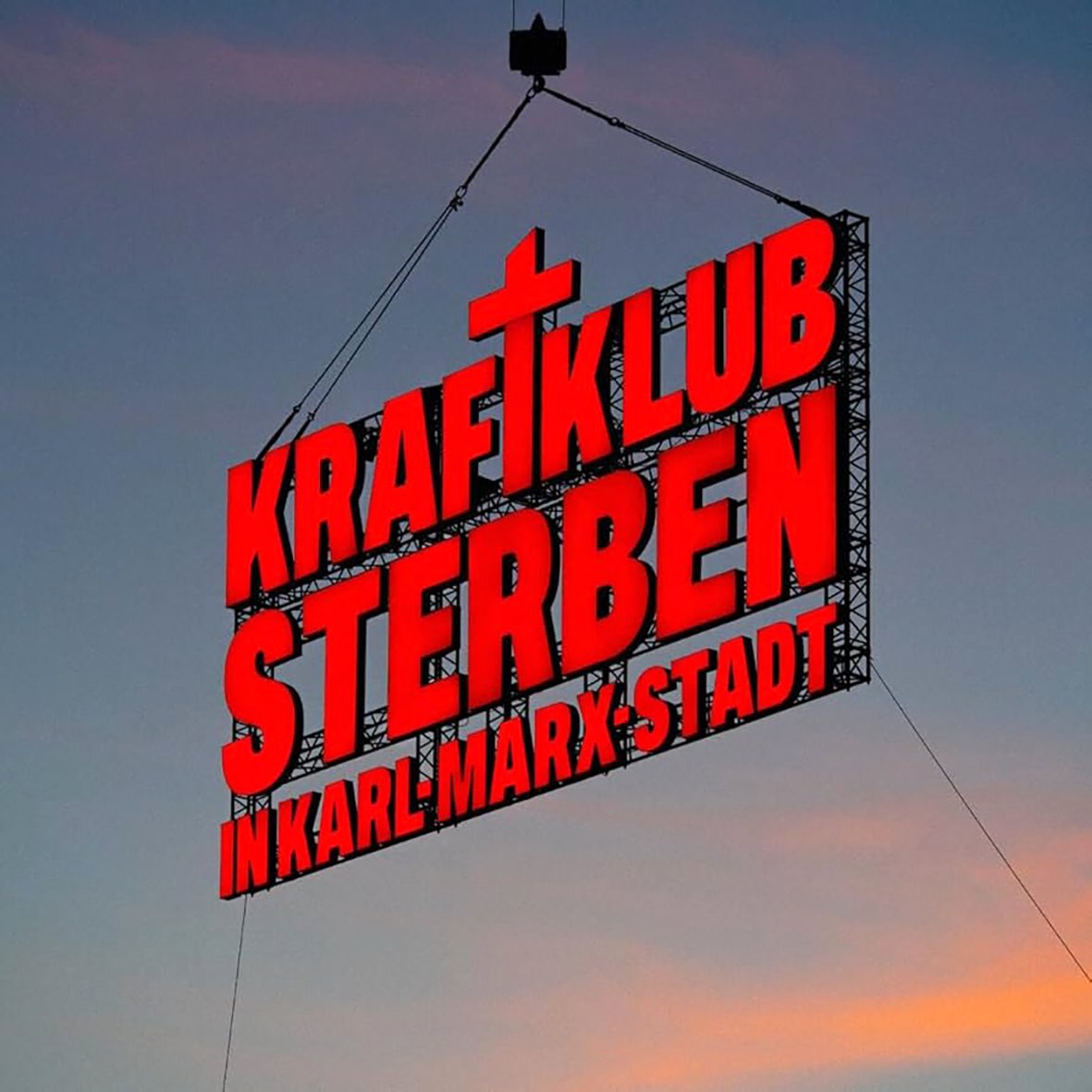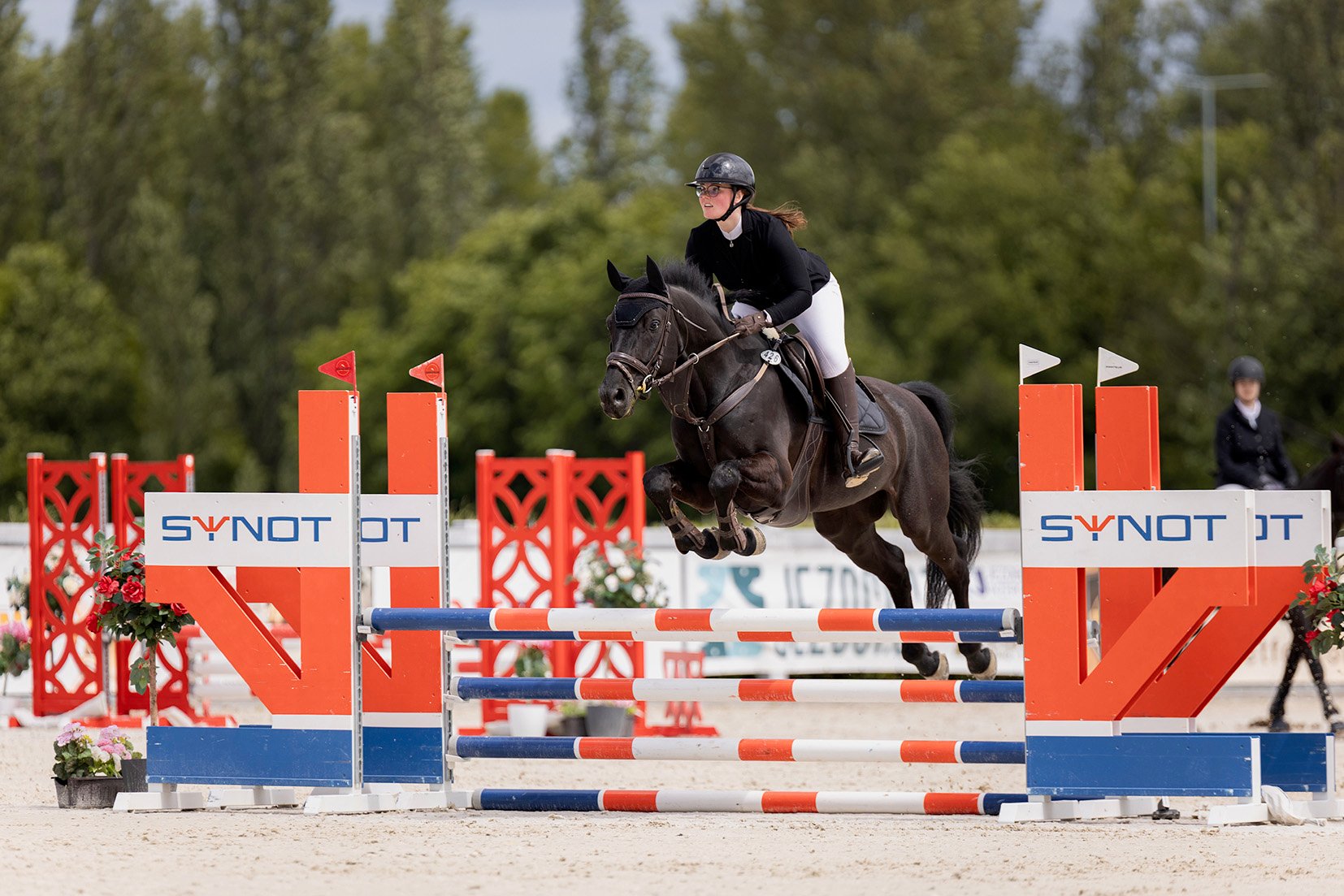Will God Influence the Election?
Even in a largely agnostic country, Czech Christians could have a big say in May's election
If it's true that politicians reflect the nation at large then something's not quite right in this country. Czechs, supposedly the region's biggest agnostics, like their politicians to be believers. The common thread linking Petr Nečas of the right-of-center Civic Democrats (ODS), Jiří Paroubek of the left-of-center Social Democrats (ČSSD) and Karel Schwarzenberg of center-right TOP 09, besides a hope of becoming the next prime minister, is their faith. In fact, the five most popular men in Czech politics are all churchgoers.
Schwarzenberg is a Catholic and routinely adds "God willing" when answering questions about possible post-election coalitions. The deputy chairman of the Social Democrats, Bohuslav Sobotka, is the founder of a revived Christian platform within his party, while Paroubek, his boss, has let it be known that he is a member of the protestant Czechoslovak Hussite church. And then there's the Civic Democrats' new leader, Petr Nečas - a Catholic whose personal popularity is on the rise - or the leader of the Greens (SZ), Ondřej Liška, a popular figure among young voters who often says that Christian values and traditions appeal to him.
Czechs display a clear division of attitudes when it comes, on the one hand, to the Church as an institution and, on the other, to faith in God. Compared to other institutions, trust in the Church is the lowest among Czechs, recently dropping to 25% - a historic low less than the levels of trust in NATO or the European Union. But when a question about faith is asked, it's a different story. Roughly a third of Czechs say they are inspired or influenced by Christianity and the rest believe in some "higher power."


Whether it's because of this or in spite of it, a politician's religious orientation doesn't draw much attention or create much tension. "Religion has become a very personal thing," says Stanislav Balík, a social scientist at Masaryk University (Masarykovo univerzita). "People don't really care which religion a politician adheres to. At the time of the First Republic, a non-Catholic would have been unacceptable in some political circles. Not anymore."
Experts and politicians agree that religious faith is neither an obstacle to a political career nor an advantage. Christianity is referred to every now and then but it doesn't have any relevance in everyday political life, nor it is featured in political manifestoes - but it looks like that might change in this year's election.
Why? The declining popularity of the Christian Democrats (KDU-ČSL) has created a new group of floating voters and the other parties are fighting for their support. Exactly who the former KDU voters will pick, we won't know until after the election. According to the polling agency STEM, it seems like most of them will opt for TOP 09 but, as STEM points out, their findings don't cover every Czech region and leave out some Christian Democrat strongholds.
Since Czechs aren't fervent churchgoers, the fight for these voters won't follow religious lines, as the various parties' representatives acknowledge. Yet it's the Social Democrats, the election frontrunners, who will focus on the Christian Democrat "leftovers" most determinedly, rather than TOP 09 or Nečas's ODS. Why? Because four years ago, rather surprisingly, most Czech Catholics voted for the ČSSD and the party is very aware of that fact. Last year's revival of the party's Christian platform, for the first time since the mid-1990s, was just part of an overt Social Democrat campaign to woo religious voters. Paroubek paid plenty of attention to photographers at his daughter's christening, for instance, and the ČSSD has further plans in this area.
"We want to fight the cliché that the ČSSD is a bluntly anti-religious party," explains František Bublan, former interior minister and one of the platform's founders. "We want to underline the fact that our manifesto has many things in common with what the Church supports in the field of society and social affairs."
The platform has 250 members so far and meets every month. Bublan plans to set up branches in Moravia, a traditionally Catholic region of the Czech Republic, but denies that this is merely an election strategy. "We aren't doing it for the sake of this year's campaign," he says. "After all, we would gain only a fraction of voters with it."
The truth, however, is that for the last few years Czech elections have been very closely fought and that every "fraction" counts.
• This is a shortened, translated version of the original article, Zamíchá Bůh volbami?, which first appeared in Respekt 16/2010
Translated By Kateřina Šafaříková
Pokud jste v článku našli chybu, napište nám prosím na [email protected].

